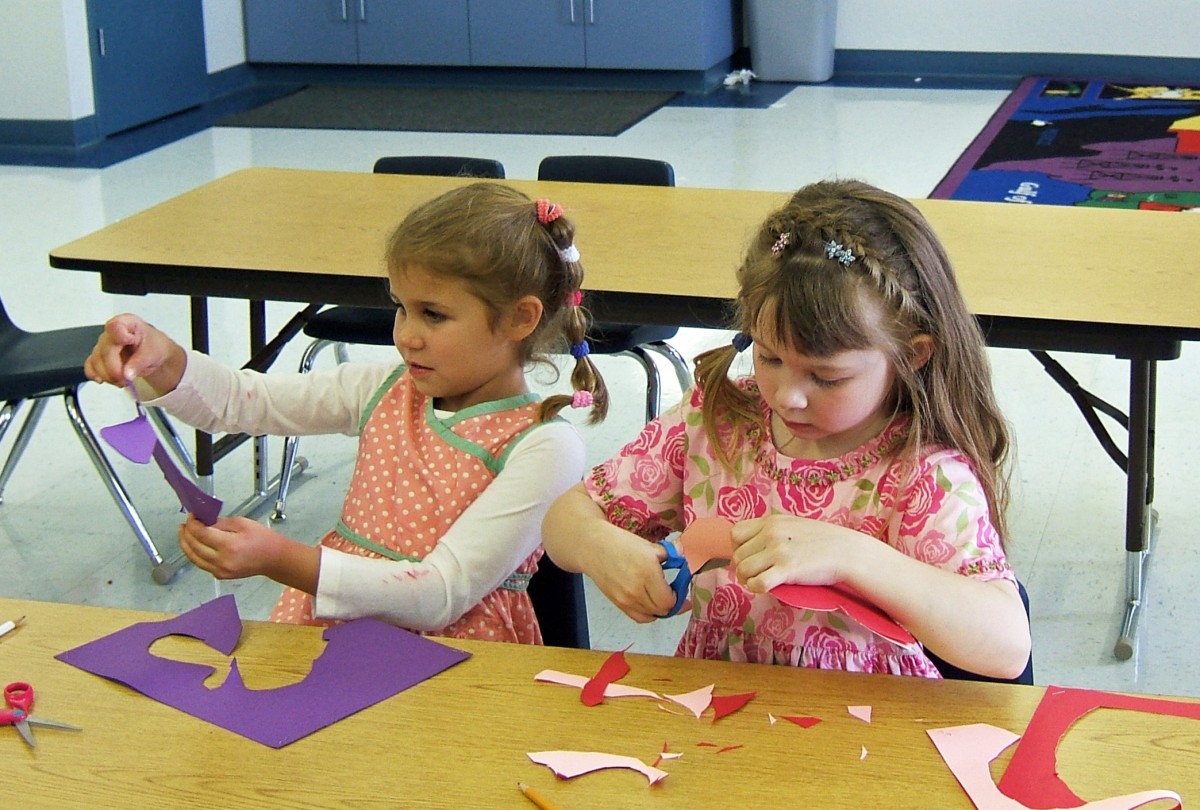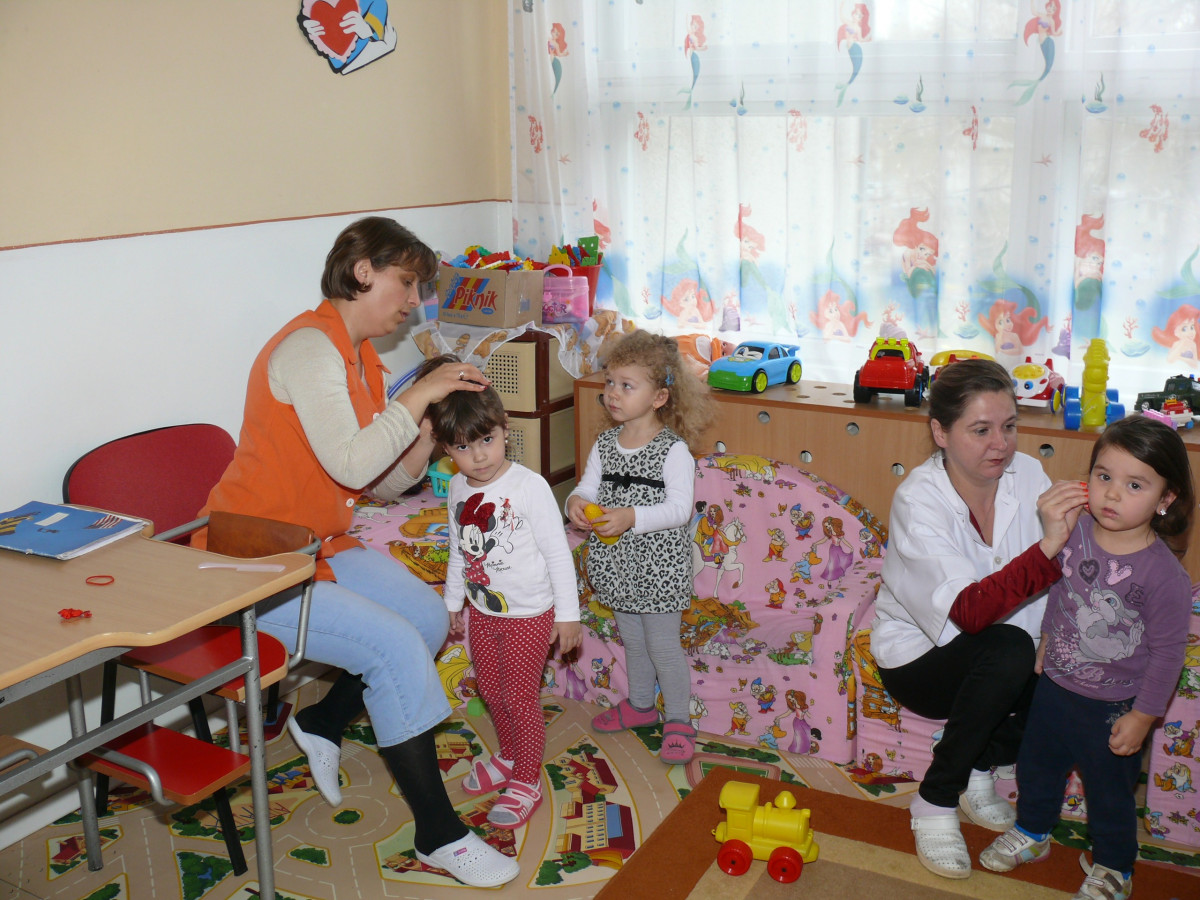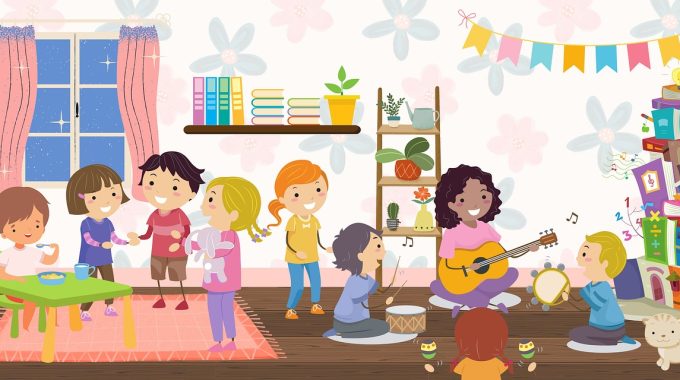What Is Preschool?
Preschool is a term that has been used less and less often in recent years. It is easier to talk about kindergarten. This kind of preschool welcomes children too young to start elementary school. It is perfectly structured and has three levels that allow children to acquire the necessary knowledge for their first year of schooling. You will learn more about this in the rest of this article.
For a child under three, starting kindergarten is a defining moment. It is the beginning of a journey that is often very dependent on this first approach to the school environment, which usually corresponds to a first educational experience in a community that creates new emotional, social, spatial and temporal references. It can also mark the first separation between parents and children, a sensitive stage that requires exceptional support from the nursery school. The adaptation of children under three years of age depends on the quality of the welcome they receive, the consideration of their needs, and the attention their parents give.
Indeed, a child’s entry into school often takes place against a backdrop of significant changes: separation from the attachment figure, change in language registers, moving from known places to larger places, moving from a familiar community to a more restrictive community made up of a large group of children and only two adults, the discovery of totally unknown activities that can generate anxiety (shared naps, physical activities, painting…)… However, the child can only open up to the world of school if he or she feels comfortable in the classroom despite the absence of his or her parents. To be able to enter into learning, they need to find emotional security and be recognised personally. Although some children successfully enter the school from the first contact, most need specific reception modalities to prevent them from being overwhelmed by distress and anguish, which they express through crying, aggressiveness or mutism. The proposed devices are decisive in helping the child and the parents to separate in confidence. For this, it is essential to closely involve parents in preparing and organising the first day of school, the first step in their child’s education.
How to choose a preschool?

It’s not yet time for instruction but for self-confidence! A good preschool helps children to grow up, to be aware of their own needs and those of others, to be open to diversity, adaptable, and able to express their talents and interests to acquire know-how, life skills, and interpersonal skills. Rather than advocating academic skills and the teacher’s sole control, a good preschool allows children to develop confidence, curiosity, creativity and autonomy; it respects their learning pace, allows exploration without judgment, and fosters enthusiasm and discovery in complete freedom.
Some criteria to take into account when choosing your child’s future preschool

The psychological conditions of four and five-year-olds dictate the goals of preschool education and its limitations. Preschool provides a healthy educational environment in which the child finds:
– the satisfaction of his or her present needs;
– the opportunity for harmonious personality development;
– the opportunity to be actively engaged according to his or her particular interests and abilities.
This is the very general goal that can be assigned to this level of education. Preschool education is global: it concerns the child’s physical, intellectual, emotional, aesthetic, moral, social and religious development. No aspect of the child’s development can remain foreign to it. However, it has been desired to specify the objectives of kindergarten, and authors generally agree on the following:
– to help the child maintain good physical and mental health ;
– to meet the young child’s need for movement and to exploit it for harmonious growth;
– to help the child enrich his or her thinking through a comprehensive, lively, active sensory education linked to language;
– to develop the essential intellectual qualities that will serve in the subsequent stages of his education: curiosity, attention, observation, precision, language, memory, and judgment;
– to open the child’s intelligence to the knowledge of the physical and social world around him;
– to help the child in the development of his social skills through contact with adults and other children;
– to help the child discover the modes of aesthetic expression through language, plastic arts, music, rhythm, and physical expression;
– develop the child’s taste through aesthetic education;
– to help the child acquire moral habits: justice, honesty, generosity, etc.
Kindergarten is nothing more than a preparatory phase for the elementary education that the child must receive in an elementary school. Its main objective is to
– Promote the socialisation of the child, that is to say, help him/her acquire and internalise the norms and values that govern life in society
– To help the child develop language, numbers and graphic gestures (which explains why drawing, poetry, and singing are very present in the kindergarten curriculum).
It is a specialised daycare centre where children have fun while learning new notions. They receive all the care adapted to their age and are cared for by real professionals in early childhood. You can enrol children who are still in diapers, need to be rocked at nap time, are not yet talking, etc.

